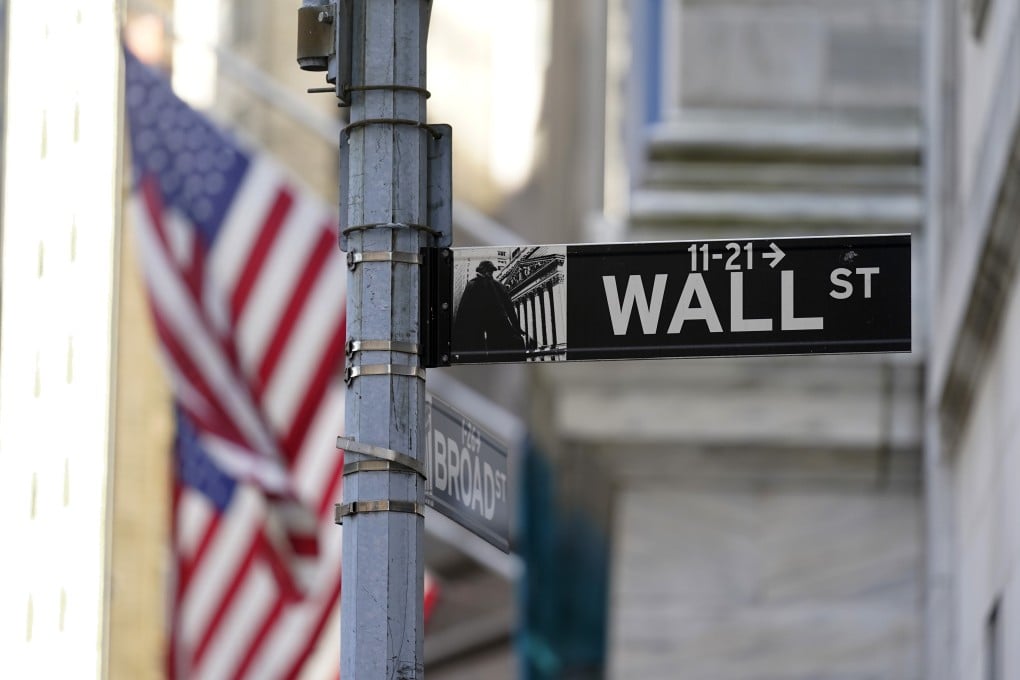My Take | Can Wall Street’s greed restrain Washington’s aggression against China?
- The opium war may offer an interesting lesson on how merchants and traders on supposedly opposing sides could stay friendly and suppress jingoistic impulses

“Why, for example, should it be a US negotiating priority to open China’s financial system for Goldman Sachs?” – Jake Sullivan, US national security adviser, writing in Foreign Policy magazine
“Every level [of the opium trade] is mired in smuggling … the Hong merchants don’t just look away, but aided and abetted the foreigners.” – Lin Zexu, Qing dynasty Mandarin whose anti-British campaign against the drug trade triggered the first opium war
Separated by almost two centuries and from two different, often antagonistic civilisations, Jake Sullivan and Lin Zexu sounded a lot alike there. In advocating for the national security of their own countries, both men were complaining against the complicity of their own traders – in Wall Street’s case, financial traders – in colluding with hostile foreign elements.
Many reasons have been cited by historians for the repeated rout of Chinese soldiers by the British navy. Lack of modern military organisation, training, equipment, and esprit de corps as well as primitive technology, have all been blamed. (Interestingly, those were areas most focused on by the Japanese Meiji reformers in their farsightedness, only that it ultimately led to militarism and national disaster.) But the biggest reason was surely the lack of nationalism within the Qing army, for back then, there was not a Chinese nation, at least in its modern sense, to speak of. And, by virtue of their international trade, the Hong merchants felt closer to British free traders than to their Qing overlords. Likewise, unlike politicians in Washington, Wall Street bosses today much prefer trade over war with China.
Unfortunately, nationalism and hegemony have a way of wreaking havoc over the far more rational calculus of trade and greed. The history of the opium war and its aftermath is a case in point.
